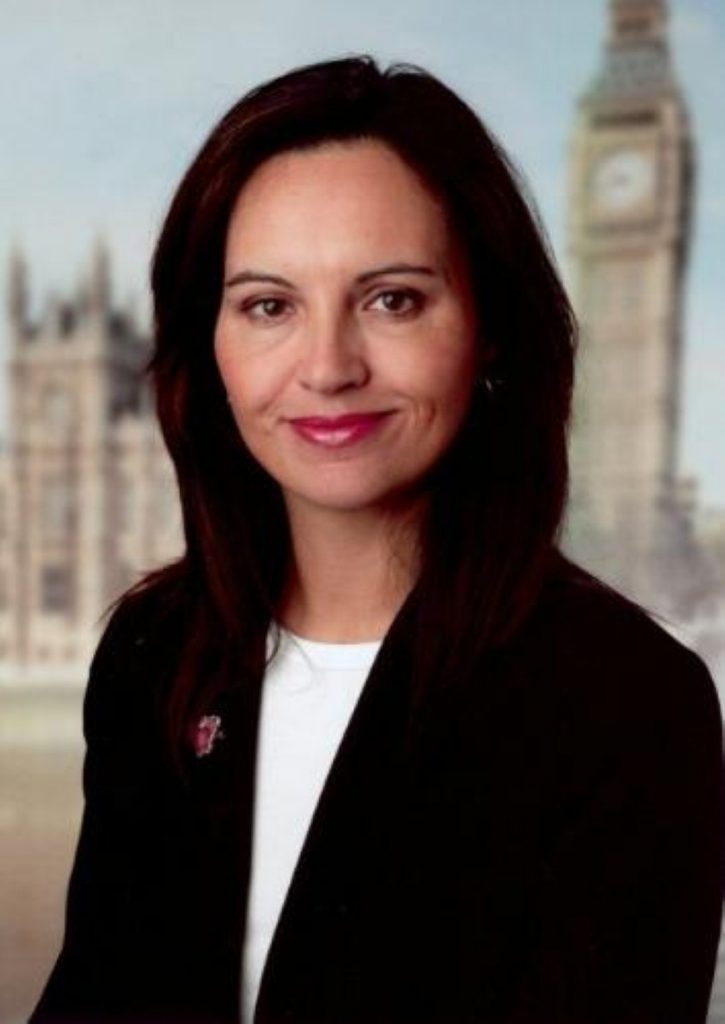Minister denies burying bad news
Public health minister Caroline Flint has dismissed as “absolute nonsense” suggestions that the government tried to bury a report on health inequalities.
Four senior doctors have written to the British Medical Journal (BMJ) accusing ministers of slipping out a report showing widening gaps between the rich and poor.
The report, they argue, was issued when the responsible minister was on holiday and her deputy was unavailable, while the press release on the subject focused mainly on the introduction of ‘health trainers’.
“To dismiss health inequalities as minimal is surely misleading when even the most conservative measures show that infants in poorer areas of England are at least twice as likely to die in their first year of life than those in more affluent areas”, they write.


One of the doctors, Richard Mitchell from Edinburgh university’s medical school, told Today that out of 62 indicators measuring health inequalities between the richest and poorest in society, 43 had shown “no improvement” or a “worsening” situation.
He said while there had been “real progress” on child poverty, the same could not be said on issues such as smoking behaviour and consumption of fruit and vegetables.
The letter in the BMJ urges the government to think more about using the tax and benefits system to curb growing social inequalities in income and wealth.
However, Ms Flint rejected the claim that her department had covered up the report, saying it had been released to 1,300 journalists and media outlets.
“This is something we take very seriously and we recognise that there are still some challenges, but there are also some positive outcomes in this report,” she told the same programme.
Not only has child poverty fallen, but cancer deaths rates have also been cut, as have the number of vulnerable households living in non-decent housing, she said.
The results were “very complex”, Ms Flint added. For example, heart disease was declining across the board, but at a faster rate in richer sections of society.
“That’s why we have spearhead primary care trusts who are in the bottom fifth of areas in the country for if you like deprivation, it’s why we’re looking at having a different service from the traditional GP service, working with the GPs to reach those groups,” she said.












